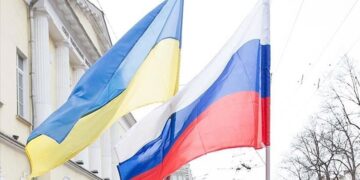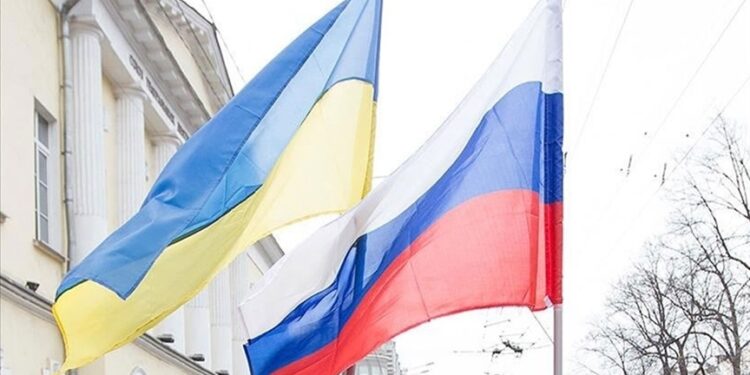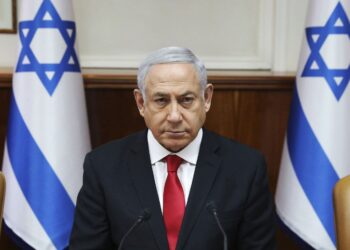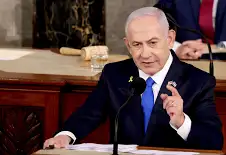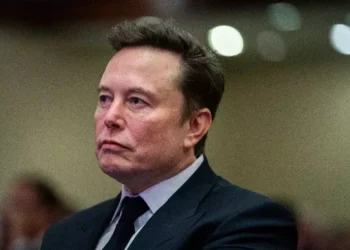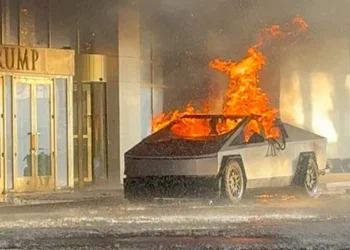The Russia-Ukraine war stands out as one of the most notable and complex conflicts in recent history. This war has not only been a confrontation between two nations but has also triggered a series of political, economic, and humanitarian crises worldwide. Let’s delve into how this war began, why it has lasted so long, and how it has affected the world.
Roots of the Conflict:
In 2014, Ukraine was engulfed in political turmoil. The public protested against the government’s decision to strengthen ties with Russia instead of pursuing closer relations with the European Union. This unrest culminated in the Euromaidan protests in Kyiv, leading to a government change. Shortly after, Russia annexed Crimea, sparking international controversy and igniting new conflicts in eastern Ukraine.
Following the annexation of Crimea, clashes erupted between Ukrainian forces and separatist groups in the Donetsk and Luhansk regions. These separatists were widely believed to be supported by Russia, though Moscow denied the allegations. Over time, the conflict in the Donbas region evolved into a low-intensity war, causing significant loss of life and displacing thousands of people.
Escalation in 2022:
In February 2022, the war took on a new dimension as Russia launched a full-scale military operation against Ukraine. This offensive targeted major cities, including Kyiv, leading to widespread destruction of civilian and military infrastructure. Millions of people were forced to flee their homes as Ukraine mounted a strong resistance and garnered international support.
Russia justified its actions by claiming concerns over its security and the need to neutralize “threats” emanating from Ukraine. Moscow viewed Ukraine’s aspirations to join NATO as a direct threat, considering NATO’s expansion a strategy of encirclement. These tensions escalated regional instability and fueled the conflict further.
Global Involvement:
The United States and the European Union responded by providing Ukraine with military, economic, and humanitarian aid while imposing sanctions on Russia. Notably, advanced weaponry and missile systems supplied by the U.S. have shifted the dynamics of the war. In turn, Russia has hinted at deploying heavier weapons, such as intercontinental missiles, raising fears of the conflict expanding into a broader international security crisis.
The motivations of countries supporting Ukraine and Russia have also come under scrutiny. While Ukraine’s allies claim their aid is aimed at defending its sovereignty and deterring aggression, critics argue that such support prolongs the war. Conversely, some countries backing Russia see their actions as a stance against Western hegemony, though their geopolitical and economic interests are evident.
Global Impacts:
The effects of the war have extended far beyond the battlefield. Europe has faced an influx of millions of refugees from Ukraine while grappling with energy and food crises. Russia’s restrictions on natural gas exports have driven up energy prices in Europe, causing economic instability. Meanwhile, disruptions in agricultural exports from Ukraine have heightened food insecurity in other parts of the world.
The war has left deep scars on civilians. Millions of Ukrainians have lost their homes and loved ones, while both Ukrainian and Russian populations endure the war’s consequences. In Ukraine, resilience remains strong, while in Russia, anti-war protests and economic challenges have come to the forefront.
Challenges in Diplomacy:
Efforts for a diplomatic resolution continue, but deep divisions between the parties hinder progress. While Russia aims to maintain control over eastern Ukrainian territories, Ukraine seeks to reclaim its land. The timeline and outcome of this conflict remain uncertain.
Conclusion:
The Russia-Ukraine war is not merely a regional conflict; it is an event that has reshaped global dynamics. The trajectory of this war will have significant implications for both regional and global peace. Viewed from different perspectives, this conflict is not only a military confrontation but also a geopolitical chess game with potentially far-reaching consequences. Only time will reveal its full impact.
One thing is clear: in the end, no side will emerge as an unequivocal winner.
